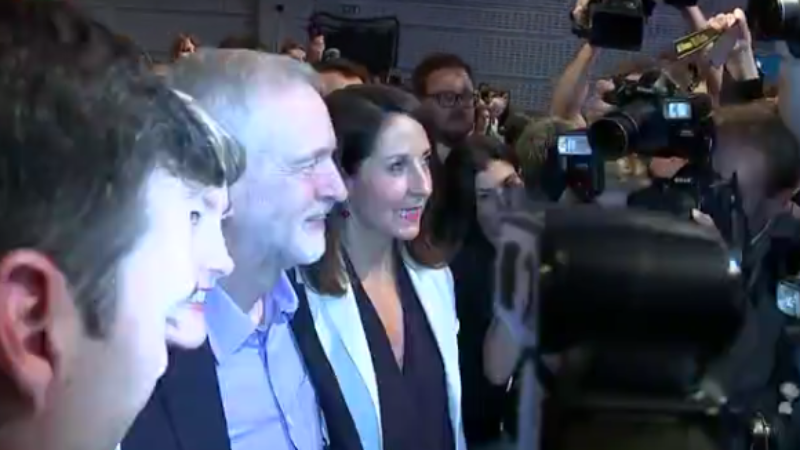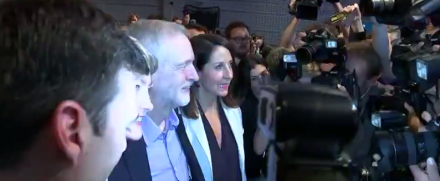

The potential of Corbynism is enormous. But, for its full potential to unfold, we see it as essential that forms of politics beyond the purely electoral make use of all the capacities and enthusiasm of the Labour Party’s expanded activist base
In late 2016, Labour was polling in the mid-20s and many were happy to say that supporting the leadership was a foolish endeavour, if not an entirely futile one. It felt at the time as though the potential and energy of Corbynism was at risk of waning as it struggled to move beyond the immediate defence of Jeremy Corbyn’s position as leader. However, our aim when we imagined a new project was not so much to be at the vanguard of this defence, as vital as it was, but to pour our energies into being useful in other ways.
We want to bring together people in Labour, Momentum and trade unions who are already active and engaged. The aim is to assist and encourage these comrades in their efforts to broaden the reach of the labour movement and build a political force capable of radically transforming society.
The left at its best when it is open to social movement struggles that are autonomous from Labour. Together, we must engage with groups such as Docs Not Cops and Jengba. In doing so, we hope to help them convey their demands to Labour activists, who in turn could be able to press for them within the party.
Any political education strategy must make theoretical ideas accessible to everyone on the left – but that’s not to say they are not in depth, and don’t contain a lot of abstraction, for example there was a huge amount of interest in our analysis of what a “Full Corbynite” economic programme of political economy might look like.
In the same spirit of political accessibility it is also imperative to demystify Westminster, to show how rituals and practices that are arcane, obscure, or even simply silly, are human creations. Through this demystification we show both what can be worked on and how and what must be broken with. As Tony Benn said, “we cannot use the institutions and cultures devised by another class, in another period, for another purpose, to meet our needs in our age for our purposes.”
We want to shed light on the workings of local government, helping to sketch out a 21st-century socialist strategy for councils. Dan Frost, for example, examined some of the powers potentially available to those looking to bring about radical change in local government.
Together, we can foster the most encouraging and promising strands within Corbynism – specifically, its deep socialist and democratic humanism – and push this strand further.
As has been said before, we are ultimately interested in “everything that concerns people”. This means expanding the boundaries of what is considered political and, therefore, what is subject to change, contestation and critique. Motherhood, for example, has been subject to traditional labourism’s pronounced tendency to ignore the politics of everyday life and social reproduction – yet it is worthy of discussion. Disregarding motherhood has often resulted in the exclusion of women and other marginalised groups in society, too often spurning their creativity and solidarity.
We are concerned with exploring what in contemporary society could potentially be prefigurative of the world to come – ultimately, the socialist society which we strive to help build.
Gail McAnena is editor of the New Socialist.




More from LabourList
‘I spent years telling workers the law couldn’t help them – that has changed’
Josh Simons resigns as Cabinet Office minister amid investigation
‘After years of cuts, Labour’s local government settlement begins to put things right’